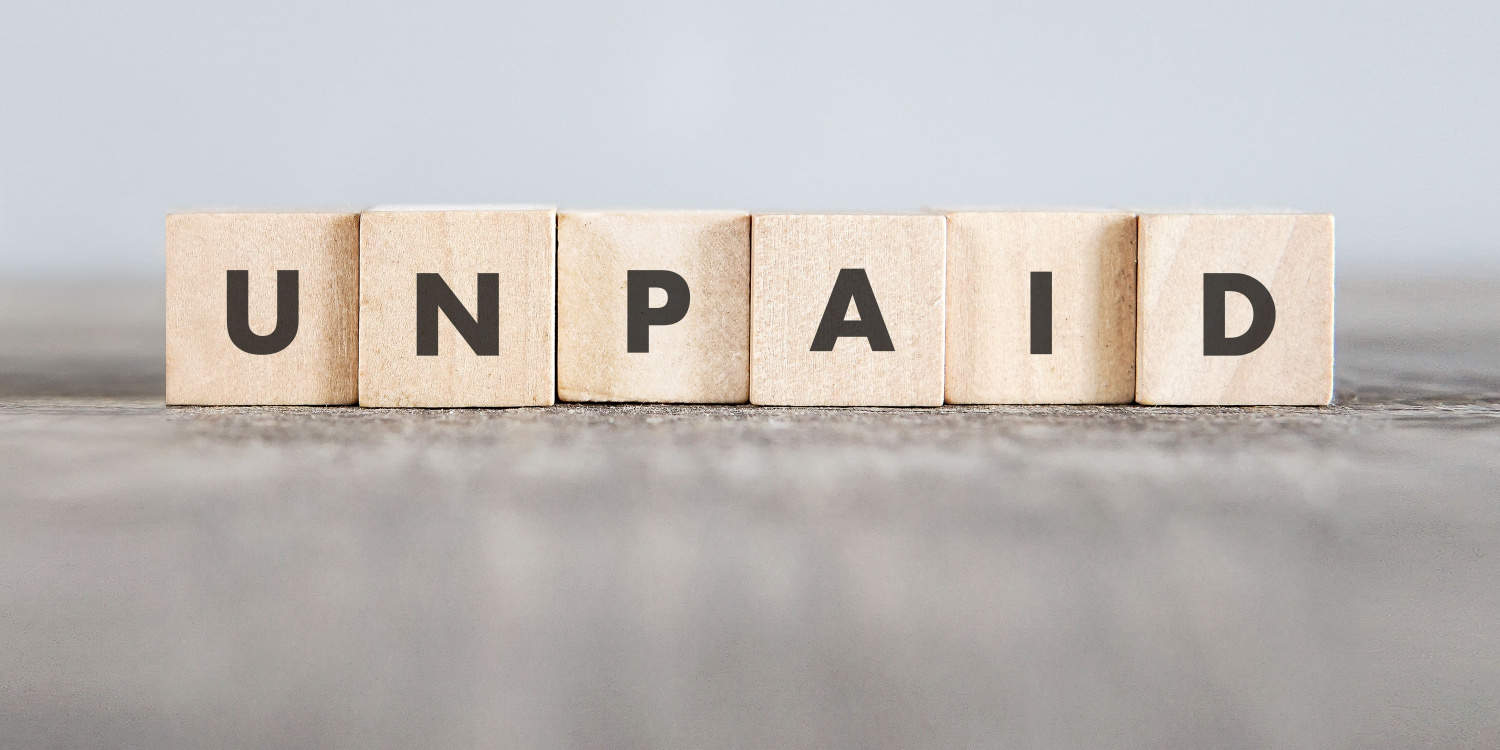When a company issues shares during or after incorporation, the purchasing shareholders usually pay for them in full at that time. Under certain circumstances, however, companies may issue nil-paid shares, where the entire payment due for those shares remains outstanding after the members have taken ownership of them.
We discuss the various reasons why some limited companies have nil-paid shares, whether this payment status affects the rights attached to those shares, and when members are required to settle the amounts due on their nil-paid shares.
What are nil-paid shares?
The main reason why companies issue shares is to raise capital – they offer an ownership stake (share) in the business in exchange for money or some other form of payment. Purchasers normally pay the full ‘issue price’ (i.e. sale price) of their shares at the time they are taken. These are known as fully paid shares.
In some situations, companies may have nil-paid shares. These are simply unpaid shares – the company has issued the shares, but it has not received any payment from the shareholders who own them. The total issue price remains outstanding and must be paid at a future date when the company requests payment.
Why would a company have nil-paid shares?
There are several reasons why a company may have nil-paid shares. For example:
- The company has just been formed and has not yet set up a business bank account in which to receive payments.
- To give shareholders extra time to raise the necessary funds, if they do not have immediate access to capital to pay for the shares.
- To provide the company with the option to forfeit those shares at a future date.
- To issue shares to staff as part of an employee share scheme. By issuing nil-paid shares, employees can defer payment until a later date (e.g. upon selling their shares), and they are not subject to Income Tax or National Insurance contributions on the value of their shares.
There are times, however, when companies may inadvertently end up with nil-paid shares. This can happen if the directors forget to request or collect outstanding payments from members, or if the members simply do not get around to paying for their shares.
These situations are not at all uncommon, especially in small private companies that are owned by just one or two people who are the founding members and directors.
Do nil-paid shares provide the same rights as fully paid shares?
Typically, nil-paid shares provide exactly the same shareholder rights as fully paid shares of the same class. The rights attached to shares are known as prescribed particulars, and they usually include voting rights, dividend rights, and capital rights.
The prescribed particulars attached to shares are generally applicable whether or not those shares are unpaid or fully paid. However, some companies may amend their articles of association or shareholders’ agreement to include special conditions or disapply certain provisions in the case of rights attached to nil-paid shares.
Any person whose shares are not fully paid remains liable for the outstanding issue price of their unpaid shares. If the company issues a call notice (a request for payment) and the member fails to pay by the payment deadline, the company may be entitled to forfeit those shares.
When is payment due for nil-paid shares?
Payment for nil-paid shares may never become due. It depends on why the shares exist and whether the company specifies payment terms at the time of their issue.
If there is a deferred payment arrangement in place, the shareholder must make the necessary payment(s) to the company by the specified date(s) set out in the arrangement, or upon selling the shares to someone else or back to the company.
The need to pay for shares may also arise if the company is facing financial difficulty, requires capital for some other reason, or is being wound up (closed down). In such instances, the directors will issue a call notice to members, requesting that all outstanding amounts due on shares be paid by a certain date.
Once they have been paid in full, the members have no further financial obligation to the company by virtue of their shareholdings.
Can a company issue nil-paid and fully paid shares at the same time?
Provided that there are no restrictions set out in the articles or shareholders’ agreement, a company can issue nil-paid shares and fully paid shares at any time during or after the incorporation process.
Under the ‘Model’ articles of association, all shares must be fully paid up. Therefore, if a company requires the flexibility to issue nil-paid shares, it would need to alter the relevant provisions in the Model articles or create bespoke articles to allow for this.
Moreover, additional provisions would need to be included in the new articles, setting out the way in which nil-paid shares are to be treated.
What are partly paid shares?
In addition to fully paid and nil-paid shares, companies may also have partly paid shares. With a partly paid share, the shareholder has only paid a portion of the issue price to the company – the rest of the amount remains outstanding.
Partly paid shares arise for many of the same reasons as nil-paid shares. For example, they may be issued as partly paid to provide members with more time to raise the rest of the capital.
At other times, the shares may have been initially issued as nil-paid and then later become partly paid (i.e. once the shareholder pays some of the issue price to the company).
When nil-paid shares become partly paid or fully paid
When the status of any nil-paid share changes, whether to partly paid or fully paid, the directors must update the company’s statutory register of members accordingly. They may also need to issue a new share certificate.
To remain compliant and ensure that the public register at Companies House remains up to date, any changes to nil-paid shares should also be updated on the relevant part of the next confirmation statement (form CS01 Part 2 – Statement of capital change).
Thanks for reading
We hope that you now have a better understanding of nil-paid shares and the various reasons why some companies have them, whether they were issued intentionally or not.
Should you have any questions about limited company shares, please post a comment below or reach out to our company formation team.












